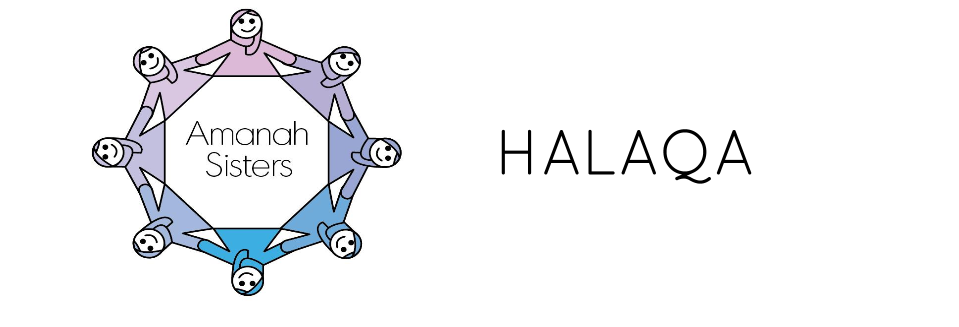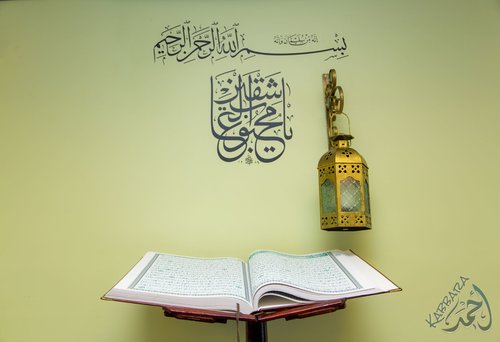Intro:
As Muslims, it is important to understand the significance and responsibility of the parenting role, the importance of preparing children for the hereafter, and the obligation of protecting them from the hellfire. This should be a main focus in parenting from an Islamic perspective.
Responsibility and accountability
The Prophet (saws) said:
«Each of you is a guardian and is responsible for his ward. The ruler is a guardian and the man is a guardian of the members of his household; and the woman is a guardian and is responsible for her husband’s house and his offspring; and so each of you is a guardian and is responsible for his ward.»'
This hadith of the Prophet (saws) emphasizes the fact that parenting is a crucial responsibility that must be approached earnestly and sincerely. Allah will hold each and every parent accountable for how they carried out this responsibility and this will be present on their balance of deeds in the hereafter. For this reason, parenting could be a person’s door to paradise or it could be his or her gate to the hellfire.
Parents have the capability to influence a child more than any other person. This influence, in turn, affects the community in which they live. Families are the building blocks of society, and the society is only as strong as its foundation.
Children as a test from Allah
One of the most fundamental concepts for a parent to understand is that children are a test and that through this test they will be held accountable on the Day of Judgment. Once this is realized, there should be a profound change in how they relate to and deal with their children.
Out of Allah’s mercy to His servants, He sends tribulations and tests so that they may return and repent to Him, giving up that which Allah has forbidden, and so that Allah might forgive them. It is part of Allah’s mercy that tests occur in this life so that our souls might be purified and come back to Allah before we die.
What most people often forget is that blessings may also be a test or tribulation from Allah. Wealth and children, for example, are a trial and a trust by which Allah tests His servants to know who will give thanks for them and who will be distracted from Allah by them
Unfortunately, in this day and age, too many people fail in this test that Allah has given them, or they attempt to avoid the test as much as possible. Other aspects may be given precedence over the children, such as career, money, hobbies, or friendships.
Parenting does require a lot of effort and hard work, but it is also one of the most rewarding tests that Allah could give His servants. It is, above all else, a test of patience, selflessness, and sacrifice. It is amazing that in the process of nurturing believing children, parents also ‘nurture’ themselves. The increase in eeman that is experienced through parenting will bring one closer to Allah and closer to an understanding of His infinite wisdom and mercy.
Rewards and joys of parenting
Parenting holds some of Allah’s greatest rewards on this earth: unconditional love, bonding and human closeness, shared moments, a smiling face with loving eyes, and hugs full of love and care.
A devout parent will experience the gratification of watching his or her child grow into an obedient servant of Allah; a believer who will love and obey Allah and contribute to the society around him or her. A pious child who supplicates is one of only three ways through which a person may acquire continuing good deeds for presentation on the Day of Judgment.
Goals of parenting
In Soorat Luqman (Chapter 31 12-19 of the Qur’an), we find the wisdom that Prophet Luqman (raa) provided to his son. Luqman was a wise man whose insight was bestowed upon him by Allah. He taught this wisdom to his son for his benefit in this world and the world to come. Understandably, priority was given to teaching tawheed and warning against polytheism, since this is the foundation of the Islamic creed. Following one’s duty to Allah, he enjoined kindness and obedience to parents. This ingredient is critical in terms of parenting, for it eases the task when children assimilate this principle into their personalities. After informing him of the rights due to Allah and parents through the expression of gratefulness, Luqman reminds his son of the awareness of Allah (swt) in all matters, public and private. Allah is aware of all that we do and for this reason we should have fear of Allah. We should also be cautious about taking sins lightly. Those few verses contain an abundance of wisdom for parents. From this, parents can delineate the important goals for their children.
Activity: Look on the card you were given at the beginning of this talk.
Green cards
Belief (eeman) in Allah with pure tawheed and avoidance of associating partners with Allah
Kindness, respect and obedience toward parents
Fear of Allah and awareness of His all-encompassing presence
Establishment of prayer, on time and in the correct manner
Enjoining what is right and forbidding what is wrong
Bearing life with patience
Humility and meekness
Moderation and avoidance of extremes
In addition to these, the following may be added:
Blue cards
Strength in belief and faith
Attachment to the Qur’an and authentic hadiths
Love of and sincerity to Allah, His Messenger, and His Book
Adherence to the Sunnah of the Prophet (saws)
Understanding of all things from the perspective of Islam
Islamic personality, values, and identity
Equity and justice in dealing with other
Kindness, mercy and good character towards all people
Concern for the affairs of all Muslims (aid them, fulfil their rights)
Inviting others to Allah and Islam
Pride in being Muslim
Associated personality characteristics that would be desirable include the following:
Yellow cards

